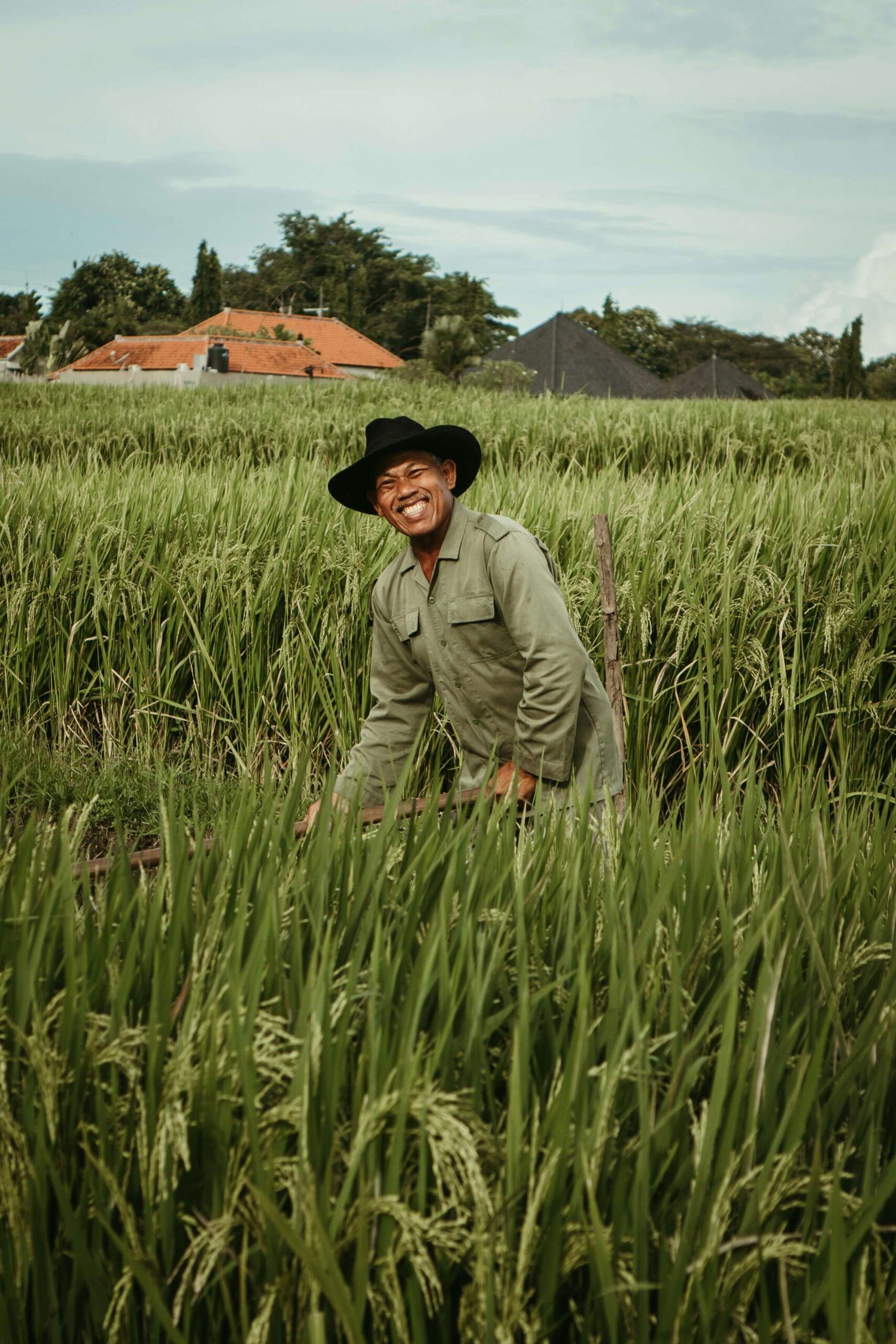
The program will focus on collaboration with governments and social, economic and entrepreneurial family farming (FF) cooperatives, with a view to promoting the design and application of public policies aimed at fostering systemic competitiveness in rural areas, mid-sized cities, production units and businesses. The program will also seek to integrate various concepts into cooperation activities, such as the notion of institutional quality, public investment policies and the promotion of private investment and associative efforts.
To this end, the program will continue to contribute to the design and implementation of policies, programs and projects to facilitate the inclusion of FF production in agrifood systems, as well the development of a new generation of public policies. There will be a focus on associative strategies that facilitate agricultural competitiveness, ecosystem sustainability, mitigation of and adaptation to climate change, the reduction of depopulation and migration, and coordination and investment in public and private enterprises in rural areas. The program will work with countries to:
Program Manager
Technical team
Advisory team
Explore our videos and discover IICA’s impact on agriculture and rural development throughout the region.

Gainesville, USA
February 27, 2026
Key areas of focus include preventing agricultural threats, enhancing safe and nutritious food supply, and other long-term cooperation actions to improve agricultural health and prosperity for farmers and consumers.
Tiempo de lectura: 3mins

Tena, Ecuador
February 26, 2026
In collaboration with the Technical Secretariat of Ecuador’s Special Amazon Territory, the IICA Delegation in the South American country implemented the Innovando Amazonía project, which culminated with the 2026 Napu Marka Expo Fair held in the city of Tena, in the province of Napo.
Tiempo de lectura: 3mins

Quito, Ecuador
February 23, 2026
The policy document is comprised of ten sections that address productivity, quality and safety, market access, services and infrastructure, associative enterprises, environmental sustainability, risk management, financing and insurance, innovation, and education and technical assistance, with a specific focus on family farming.
Tiempo de lectura: 3mins